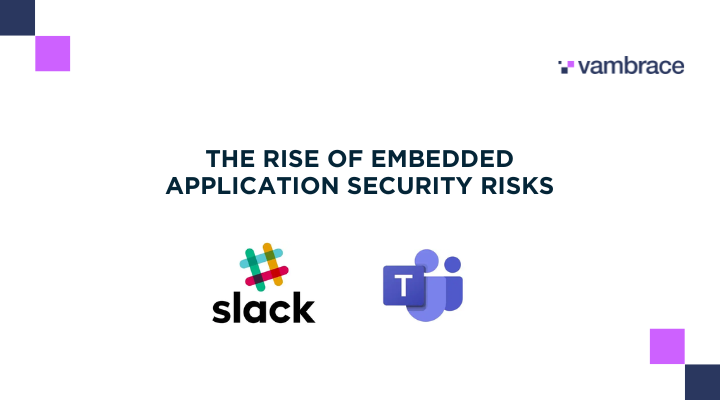
The Rise of Embedded Apps and Their Security Risks
Embedded applications have become…well... embedded within our daily working life. Running inside host collaboration platforms like Microsoft Teams and Slack. OpenGates, our embedded app security platform ingests and evaluates app manifests (the apps’ origins and rule book), and informs security teams with actionable insight into the permissions an embedded app needs, the external domains it calls, and how it plans to operate. We take this rule book and apply a layered risk assessment, which crucially can be applied at scale.

